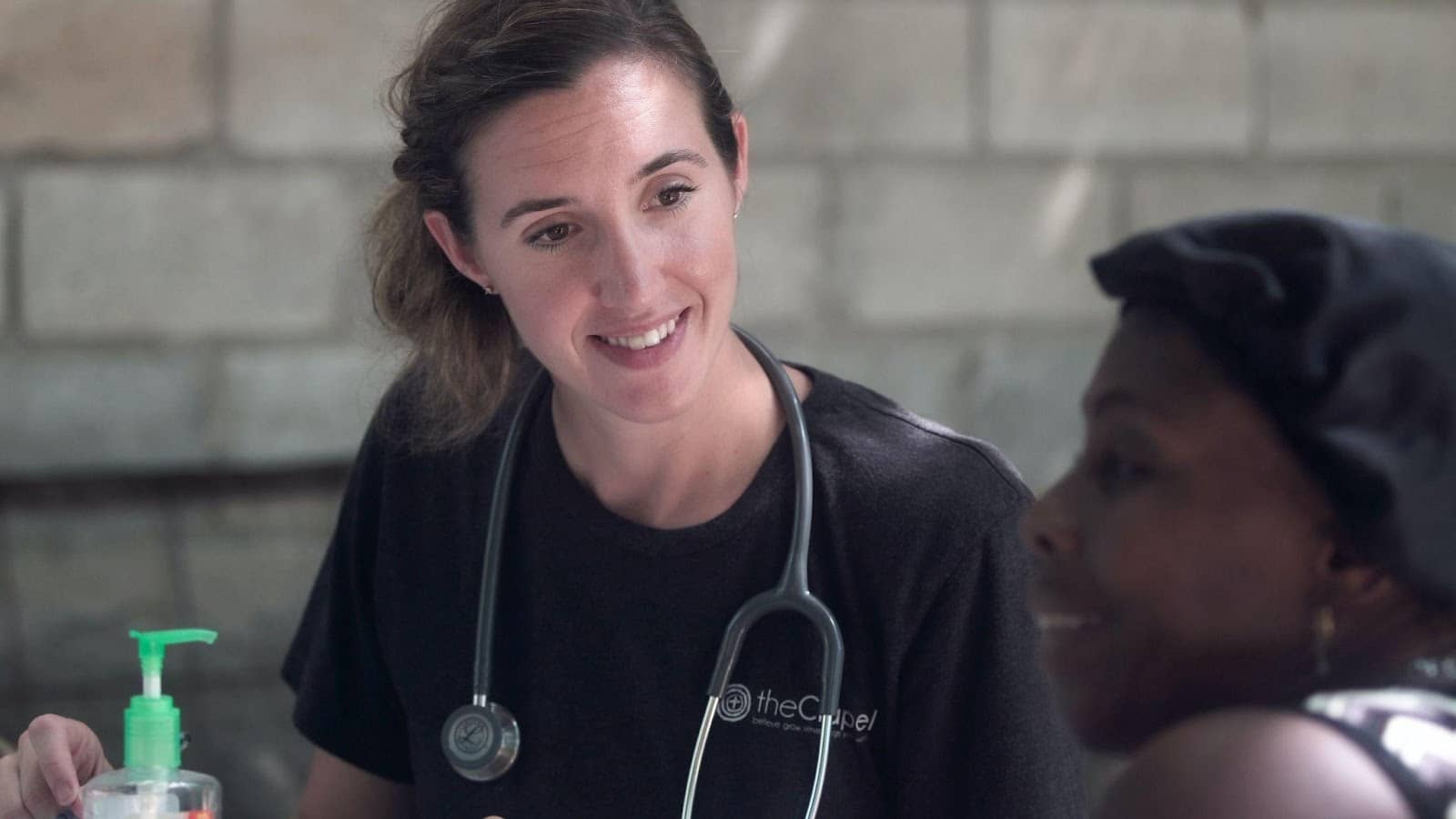Why Patient Advocacy Is Important

It may be frightening and difficult to navigate patient healthcare.
Patients and families may invest too much time going through insurance paperwork and documentation worded in a language they don't understand, leading to patients not exploiting all of the options available to them.
Patients can misinterpret diagnosis and treatment choices.
They might also start questioning whether or not a given treatment is needed or whether or not a costly prescription is necessary.
Patients might even pay incorrect medical bills that contain mistakes or fees that are covered by their insurance plan.
Because this procedure can be intimidating, patients sometimes put off seeking treatment altogether.
Patients and caregivers can benefit from patient advocacy by reducing the stress they face while traversing the public and private health systems.
What Is A Patient Advocate?
Patient advocates provide direct, personalized help to patients and caregivers as they navigate healthcare.
The following are the responsibilities of a patient advocate:
- By recognizing errors, a patient advocate can negotiate medical costs and save the patient money.
- Collect information and discuss medical alternatives.
- Make appointments with doctors for patient checkups, examinations, medication, follow-ups, or even therapy.
- Carefully educate patients to make intelligent medical decisions.
- Gather financial resources and assist patients with insurance concerns and legal and administrative procedures.
- Find social support for patients, like support groups or community organizations.
- Communicate and engage with healthcare case managers
- Handle and resolve disputes between individuals and healthcare providers
- Make appointments for a second opinion.
Patient advocates may go by several names, such as:
- Health advocate
- Care or case manager
- Ombudsman
- Patient or health navigator
How Can A Patient Get Access To A Patient Advocate?
Patients and family members may hire private patient advocates or representatives employed by advocacy organizations.
Patients may be offered patient advocates by employers, hospitals, and insurance companies.
Patient advocates can come from different disciplines, including:
- Hospital administration
- Nursing
- Law
- Social work or care coordination
On the other hand, many advocates get into patient advocacy after directly suffering from a disease or assisting a sick family member.
Patient advocates require the appropriate education, abilities, and training to succeed in their jobs, despite what initially drew them to the industry.
What Is The Importance Of Advocacy In Health Care?
It's simple to see why advocacy is vital in healthcare when looking at healthcare policies and support roles.
Advocacy on a large scale aims to change the system, whereas advocacy on a smaller scale aims to advocate for the patient.
1. Large-Scale Healthcare Advocacy
Large-scale health advocacy educates politicians and policymakers who shape healthcare policies.
It encourages informed decision-making about policies that affect:
- Patients
- Healthcare environments
- Healthcare providers
Large-scale patient advocacy fosters improvements that integrate the most recent research findings and foster stronger healthcare collaborations.
It also works to promote healthcare policies that consider variables like poverty and other socioeconomic situations that impact people's health.
When healthcare lobbying positively impacts public policy, it promotes individual and public health, reducing health inequality.
Advocacy like this helps to steer the health policy agenda, get key legislation approved, and secure the money needed to implement new policies.
2. Patient Advocacy On An Individual Scale
Patients typically have to deal with the uncertainties that come with illness in addition to navigating the complexities of the healthcare system.
Information is usually inconsistent and untrustworthy, and patients' judgment is typically hindered.
Carrying one's healthcare obligations alone may be physically, emotionally, and financially draining.
While some patients have relatives who can assist them, the majority do not.
Patients are better protected, and their needs are met with the help of a skilled patient advocate.

Required Skills For Patient Advocates
All patient advocates, regardless of their specific area of focus, must be:
1. Good Communicators
Communication is at the heart of advocacy.
Patients and their relatives, healthcare professionals, and insurance representatives all demand good and clear communication from advocates.
Patients must be able to understand the intricacies of the health system, treatment plans, diagnosis, and insurance policies.
When discussing insurance claims on behalf of patients, they must also be convincing and assertive.
Patients and their relatives may find it challenging to express themselves in emotionally intense circumstances.
As a result, patient advocates must pay attention to nonverbal signs such as body language to figure out what the patient is thinking and ask the proper questions.
2. Empathetic
Patient advocates work alongside individuals who are frequently confronted with difficult situations.
Their clients will most likely be suffering, in a crisis, or in despair.
Patient advocates must listen and practice empathy and provide emotional support if needed.
3. Organized
Each situation requires an advocate to manage multiple aspects of a case.
This necessitates staying organized effectively managing their time and resources.
It also entails paying great attention to the finer details of medical bill insurance claims and keeping track of their patients' different medical conditions, prescriptions, and physicians.
4. Problem-Solving And Research Skills
Advocates frequently do research to find answers and solve problems by obtaining essential information and choosing the best course of action for their clients.
Patient advocates should think strategically and skillfully acquire the proper facts whether they are attempting to assist clients in obtaining medical coverage or contest claim denials.
5. Have Specialized Skills
Some aspects of advocacy need particular knowledge and skill-sets.
Consider the following scenarios:
-
Eldercare advocates should be aware of health complications that affect older people, such as Dementia and Alzheimer's disease. They should also be knowledgeable about the various services older individuals frequently require, like live-in home healthcare and healthcare in nursing homes.
-
Billing and insurance advocates must have exceptional accounting abilities and a thorough understanding of deductibles, payer reimbursements, and how to fight claim denials.
-
Those willing to participate in advocacy in medicine should have a basic awareness of patient safety and the ability to coordinate treatment and research opportunities in clinical trials.

